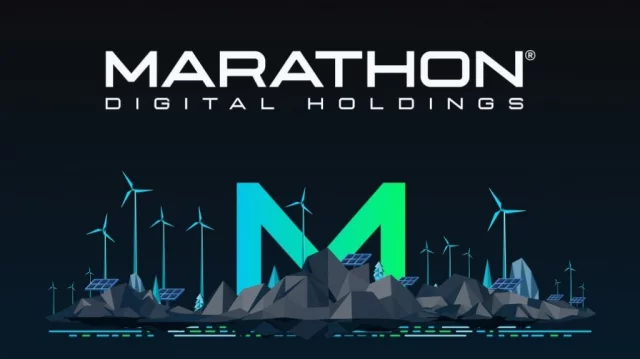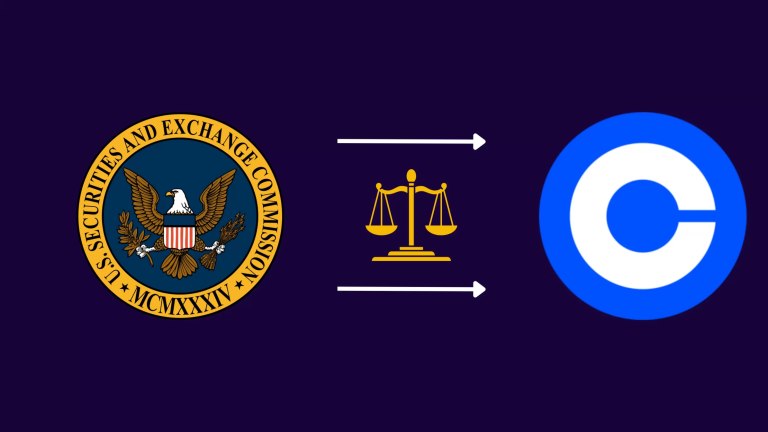By mining Kaspa, a proof-of-work (PoW) layer one blockchain network, bitcoin miner Marathon Digital is expanding its revenue streams.
The miner claimed that after discovering prospects for diversification outside of Bitcoin mining through internal study, it got interested in Kaspa in May 2023. September 2023 saw the company’s first Kaspa mining machine deployed.
As of June 25, Marathon Digital has mined 93 million KAS tokens, valued at roughly $15 million.
The native asset of the Kaspa network, KAS, increased by 9% to a multi-week high of $0.18 after this statement.
Why does Kaspa exist?
Kaspa was chosen, according to Marathon Digital, because of its equitable launch, cutting-edge technology, expanding ecosystem, and firm profitability (increased $/kWh). It also mentioned how nicely Kaspa fits with its current data center locations and how minor reconfiguration is necessary.
The Kaspa network processes one block every second, the business added. Due to this fast transaction speed, miners can obtain more block rewards in a given amount of time.
Its operational flexibility is improved by this excellent profitability prospect, enabling it to build up digital asset data centers in places where Bitcoin mining might not be profitable.
Chief Growth Officer of Marathon, Adam Swick, also mentioned:
“By mining Kaspa, we are able to create a stream of revenue that is diversified from Bitcoin, and that is directly tied to our core competencies in digital asset compute.”
Marathon targets 16% of Kaspa’s global hash rate.
The goal of Marathon Digital is to rule Kaspa’s mining sector. The miner disclosed that it had acquired sixty petahashes of Bitmain’s KS3, KS5, and KS5 Pro ASICs, which would increase its Kaspa generation.
The business emphasized that Kaspa ASICs are some of the most lucrative available. The daily profit margin of a KS5 Pro is about $79, whereas that of a BTC-mining S21 is $11.
The Texas facilities of Marathon will host these Kaspa ASICs. The project still needs to be fully operational, but by Q3 2024, it should be fully electrified.
The machines will provide around 16% of Kaspa’s global hash rate when deployed. While this is important for Kaspa’s ecosystem, it barely makes up 1% of Marathon’s portfolio of 1,100 MW data centers.



